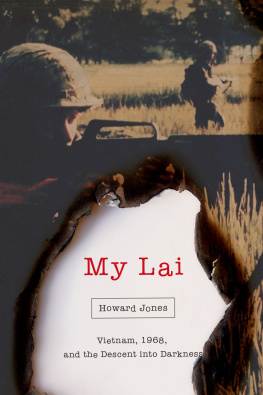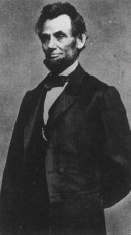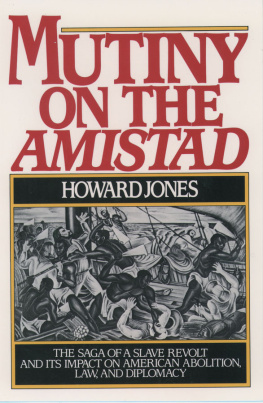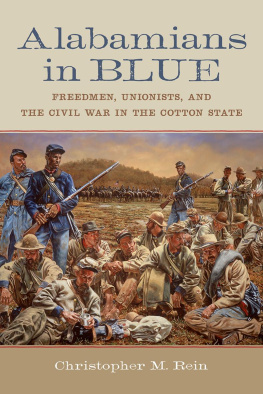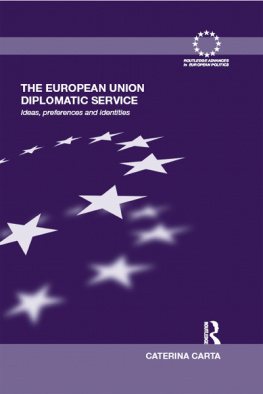The Littlefield History of the Civil War Era
GARY W. GALLAGHER AND T. MICHAEL PARRISH, editors
Supported by the
LITTLEFIELD FUND FOR SOUTHERN HISTORY,
UNIVERSITY OF TEXAS LIBRARIES
2010
THE UNIVERSITY OF NORTH CAROLINA PRESS
All rights reserved
Designed by Courtney Leigh Baker
Set in Minion Pro by Rebecca Evans
Manufactured in the United States of America
The paper in this book meets the guidelines for permanence
and durability of the Committee on Production Guidelines
for Book Longevity of the Council on Library Resources.
The University of North Carolina Press has been
a member of the Green Press Initiative since 2003.
Library of Congress Cataloging-in-Publication Data
Jones, Howard, 1940
Blue and gray diplomacy : a history of Union and Confederate
foreign relations / Howard Jones.1st ed.
p. cm. (Littlefield history of the Civil War era)
Includes bibliographical references and index.
ISBN 978-0-8078-3349-0 (cloth : alk. paper)
1. United States Foreign relations 18611865. 2. Confederate
States of AmericaForeign relations. 3. United StatesForeign
relationsGreat Britain. 4. Great BritainForeign relations
United States. 5. United StatesForeign relationsFrance.
6. FranceForeign relationsUnited States. 7. Confederate States
of AmericaForeign relationsGreat Britain. 8. Great Britain
Foreign relationsConfederate States of America. 9. Confederate
States of AmericaForeign relationsFrance. 10. France
Foreign relationsConfederate States of America. I. Title.
E469.J563 2010
973.72dc22 2009031564
14 13 12 11 10 5 4 3 2 1
FOR
Maurice, Bob, & Frank
Under the favor of Divine Providence, we hope to perpetuate the principles of our revolutionary fathers.
PRESIDENT JEFFERSON DAVIS, Inaugural Address, February 18, 1861
The Union of these States is perpetual. Plainly, the central idea of secession, is the essence of anarchy.
PRESIDENT ABRAHAM LINCOLN, Inaugural Address, March 4, 1861
Contents
CHAPTER 1
Republic in Peril
CHAPTER 2
British Neutrality on Trial
CHAPTER 3
The Trent and Confederate Independence
CHAPTER 4
Road to Recognition
CHAPTER 5
Union and Confederacy at Bay
CHAPTER 6
The Paradox of Intervention
CHAPTER 7
Antietam and Emancipation
CHAPTER 8
Union-Confederate Crisis over Intervention
CHAPTER 9
Requiem for Napoleonand Intervention
Illustrations
First Confederate cabinet
William H. Seward
Richard B. Lyons
Lord John Russell
Charles Francis Adams
Lord Palmerston
Napoleon III
Austrian Archduke Ferdinand Maximilian
James M. Mason
John Slidell
Captain Charles Wilkes
HMS Trent and USS San Jacinto
Judah P. Benjamin
First reading of the Emancipation Proclamation
CSS Alabama sunk by USS Kearsarge
Edouard de Stoeckl
President Abraham Lincoln and General George B. McClellan at Antietam, Maryland
President Abraham Lincoln plays the emancipation card (cartoon)
William E. Gladstone
George Cornewall Lewis
Union and Emancipation meeting
Acknowledgments
I want to thank the many good people at the University of North Carolina Press for making this work possible. David Perry as editor-in-chief remained a paragon of patience, always providing warm, encouraging, and gracious support throughout the publication process. Ron Maner headed the editorial project with his usual friendly and accommodating manner. Zach Read made the final preparations for the manuscript to go to press.
How fortunate I am to have profited from a close association with all those who have facilitated this contribution to The Littlefield History of the Civil War Era. Some years ago the series editors, Gary W. Gallagher and T. Michael Parrish, encouraged me to write a volume on the diplomacy of the war. Gary read the manuscript on its submission, applying his scholarly expertise to the work and improving its quality. Michael meanwhile regularly inquired about my progress when we met at conferences, offering to help in any way possible. Martin Crawford served as an outside reader for the manuscript, thankfully revealing his identity and thereby allowing me to express the deepest appreciation for his numerous superb suggestions since incorporated into the final product. Stevie Champion provided excellent copyediting, making many recommendations that improved the manuscript. Immensely helpful were the archivists and staffs of several research institutions, including the Library of Congress, National Archives, Massachusetts Historical Society, British Library, Public Record Office, University of Southampton, and Bodleian Library of Oxford University in England. Pat Causey in the Interlibrary Loan office at the University of Alabama was particularly adept at securing elusive materials. Dean Robert Olin approved a sabbatical at a critical juncture in my writing. Two colleagues here at the University of Alabama, George C. Rable and Lawrence F. Kohl, shared their rich knowledge of the Civil War and provided constant encouragement. My close friend Donald A. Rakestraw drew my attention to many key sources and clarified my thoughts by asking the right questions.
I am dedicating this volume to my two mentors at Indiana University, Maurice G. Baxter and Robert H. Ferrell, and to longtime friend Frank J. Merli, who has passed on but remains a constant influence on my thinking on the Civil War. Some years ago, I met Maurice and Bob in Kokomo, Indiana, where I interviewed for an Eli Lilly Fellowship in American History at Indiana University that launched my college teaching career. Maurice, too, is deceased but also had a lasting impact on my professional life. Bob stands as a model for all those fortunate to have worked with him. Author or editor of more than fifty books, he has always maintained a work regimen unmatched by anyone, high ethical standards that are unimpeachable, and a deep humility that is enviable. From Frank I first grasped the importance of the international dimension of the Civil Warthat this tragic story of our divided nation involved diplomats and negotiations as well as generals and battles. Frank and I profited immeasurably from what became known among history graduate students at Indiana University as the Ferrell treatment in our writings, but more than that we learned the sacred responsibility of relating the nation's history to readers along with the importance of maintaining a gentle, kindly disposition both inside and outside the classroom.
My dedication would not be complete, however, without thanking Frank's loving wife Margaret for sharing the Merli Archives with me and thereby helping to strengthen this work.
And, finally, my family has again provided the chief reason for my spending so much time in solitude. My partner in life and dearest friend, Mary Ann, has never complained about my long hours glaring into a computer; nor have my daughters Debbie and Shari failed to express interest in the current project, whatever that one may be. My hope is that the grandchildrenTim, Ashley, and Laurenwill come to appreciate history as much as the rest of the family, including my late mom and dad.


